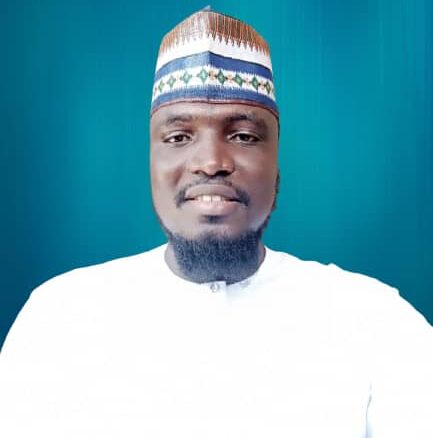Abuja, Nigeria
The Spokesperson of the Muslim Students’ Society of Nigeria (MSSN), FCT chapter, Ibrahim Babangida Lawal, has called on Nigerian authorities to implement mandatory pre-marital drug testing as a national strategy to tackle the country’s growing drug abuse epidemic.
Lawal, who also serves as a spokesperson for the Muslim Awareness Association of Nigeria (MAAN) and the Arewa Unity Forum (AUF), made the call in a public statement on Monday, stressing that the increasing prevalence of drug abuse—especially among school children, youths, and women—demands urgent and bold intervention.
“Nigeria is grappling with a drug abuse crisis of alarming proportions,” Lawal said. “From primary school pupils to university students, and increasingly among women, substance abuse has become a major societal threat, fueling domestic violence and destroying lives.”
According to him, introducing mandatory drug testing for prospective couples would allow for early detection of substance abuse issues and reduce the risk of future domestic violence within marriages.
“Detecting drug use before marriage allows affected individuals to access counseling or rehabilitation,” he explained. “This will not only protect families but also promote healthier and more stable relationships.”
He emphasized that pre-marital drug testing should not be seen as a punitive measure but as a proactive public health initiative.
“This proposal is not about stigmatization; it’s about protection—of homes, children, and society at large,” he said. “We must act not just for today, but for the future we hope to build—one free from the scourge of drug abuse.”
Lawal urged religious leaders, health professionals, lawmakers, and civil society organizations to support the initiative and help mainstream it into national policy frameworks.
“The time for action is now,” he declared. “We need to shift from reaction to prevention. Mandatory pre-marital drug testing is a step in the right direction toward curbing substance abuse and fostering healthier families.”
Drug abuse has been a growing concern in Nigeria, with reports indicating increased cases among both urban and rural populations. Health experts have long advocated for greater investment in preventive approaches and rehabilitation programs, while calling for community-based awareness campaigns.
Lawal’s proposal adds to the ongoing conversation about innovative strategies to address the problem and prevent its escalation across generations.
